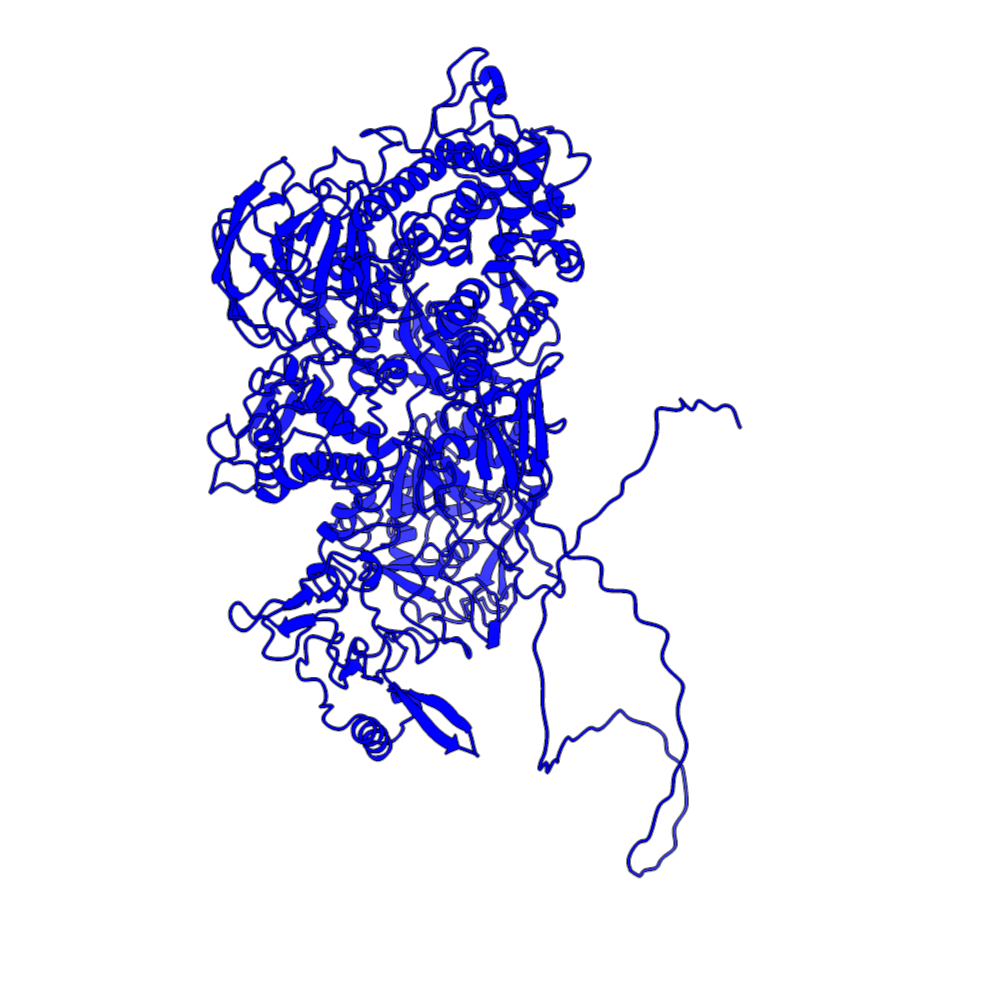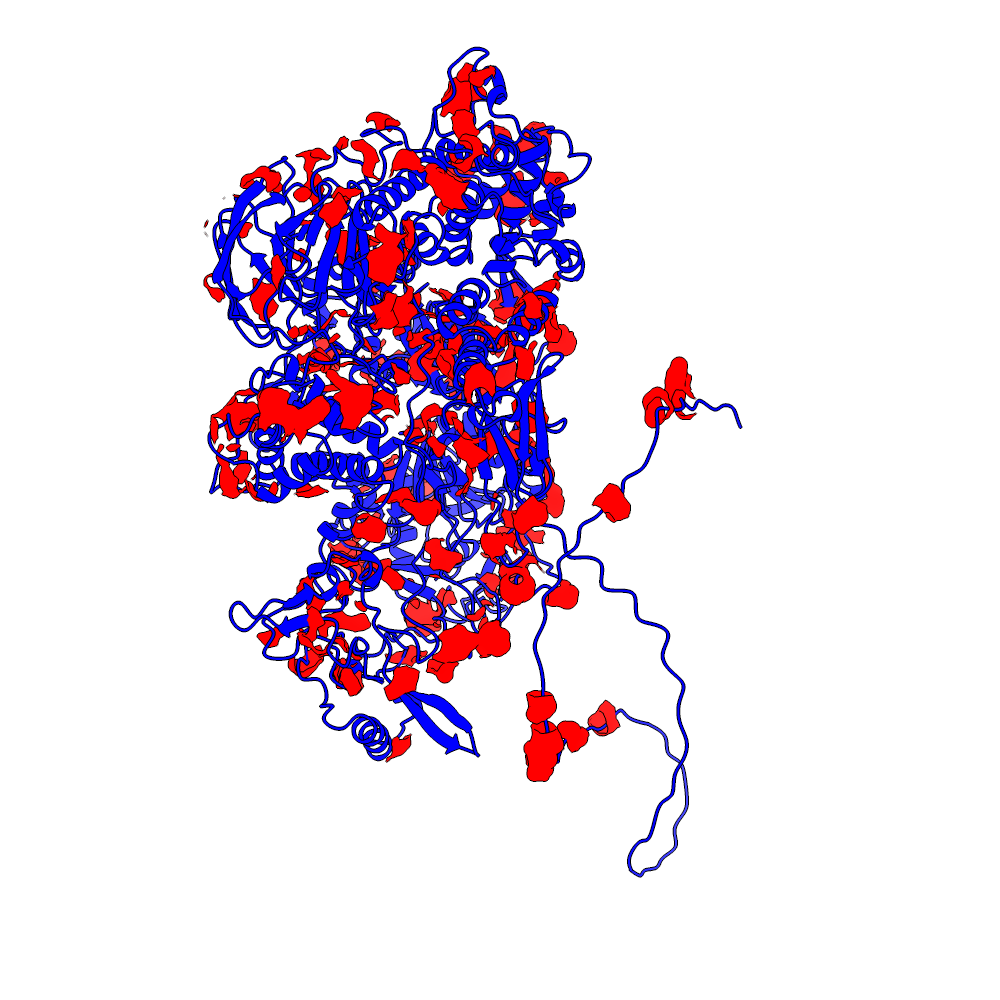What
GlyProVac is a pre-clinical biotech platform developing new bacterial subunit vaccines using its patented BEMAP technology.
Problem
GlyProVac addresses the need for new bacterial vaccines to combatthe growing silent pandemic of antimicrobial treatment resistance.
Solution
Starting with E. coli-based infections like UTIs, GlyProVac’s BEMAP platform is an engine for creating novel bacterial vaccines.
About
Using proprietary technologies to combat antibiotic resistance
In GlyProVac ApS we aim to design and develop novel, efficient bacterial vaccine candidates based on our proprietary platform technology BEMAP. Using BEMAP, we have revealed that both benign as well as disease causing bacteria such as E. coli, Pseudomonas aeruginosa and Shigella. extensively modify their proteins with distinct sugar molecules, known as O-linked glycosylations. These modifications drastically influence the topology of the protein and are particularly well recognized by the human immune response.
Antibiotics resistance (AMR) is one of the biggest health challenges of the 21st century, compromising our ability to treat even simple infections. In 2050, 10 million people are expected to die yearly from untreatable microbial infections. New solutions are urgently needed, and vaccines offer a safe alternative to antibiotics.
Based on our paradigm changing discovery we believe inclusion of these modifications are crucial for the development of efficient bacterial vaccines. We are currently establishing PoC for this novel bacterial vaccine concept in Urinary Tract Infections (UTIs) caused by E. coli with the GlyProVac antigen GPV02. GPV02 holds pan E. coli vaccine potential of not only UTIs, but also diarrhoea, neonatal sepsis and the severe infections associated with Healthcare associated UTIs.

Technology
The novel BEMAP Technology
The GlyProVac BEMAP technology is a powerful sample enrichment method based on mass spectrometry, which allows comprehensive identification of any type of O-linked protein glycosylation. BEMAP is an extension of an SDU proprietary method, which was originally developed for enrichment of phosphopeptides. The BEMAP reaction efficiently substitutes O-linked carbohydrate moieties with a 2-aminoethyl phosphonic acid (AEP) group using base-catalysed β-elimination followed by Michael addition of the tag, thus allowing for selective peptide isolation using titanium dioxide.
Using BEMAP we have discovered that bacterial O-linked glycosylation is much more extensive than previously thought (see table below) and is especially important to Enterotoxigenic Escherichia coli (ETEC) compared to the commensal E. coli counterpart.
The bacterial monosaccharide building blocks are absent from eukaryotic cells and thus constitute a distinguishing feature of bacteria with important roles in pathogenesis. Most, if not all the protein-based vaccines produced nowadays are produced in the non-pathogen bacterium, thereby disregarding the site-specific O-linked glycosylation.
We believe that O-linked glycoproteins are an emerging reservoir of attractive targets for antimicrobial intervention.

Conventional vs. GlyProVac Antigens

Conventional bare protein backbone antigen

GlyProVac antigen with native O-glycosylations


Funding Achievements
Private Placements
Non-dilutive Grants
Team
CEO, Co-founder and Co-inventor
COO and Co-founder
Senior Scientist
Laboratory Technician
Scientist
Bioinformatics & IT Specialist
Clinical Vaccine Development Lead
Intellectual Property
> Glycosylated YghJ polypeptides from enterotoxigenic Escherichia coli (ETEC), filing date 06-10-2016, publication number 3359559 (Europe) and 10,647,749 (USA). Granted in Belgium, Germany, Denmark, France, UK, Italy and USA. Independent claims granted in relation to Composition of matter and Medical use claims.
> Glycosylated YghJ polypeptides from enterotoxigenic Escherichia coli (ETEC), filing date 06-10-2016, publication number 11/655,274, Granted in USA. Independent claims granted in relation to BEMAP Method
> Glycosylated YGHJ full length vaccine, unpublished PCT application
Board
Chairman of the board
Board member
Board member
Board member













